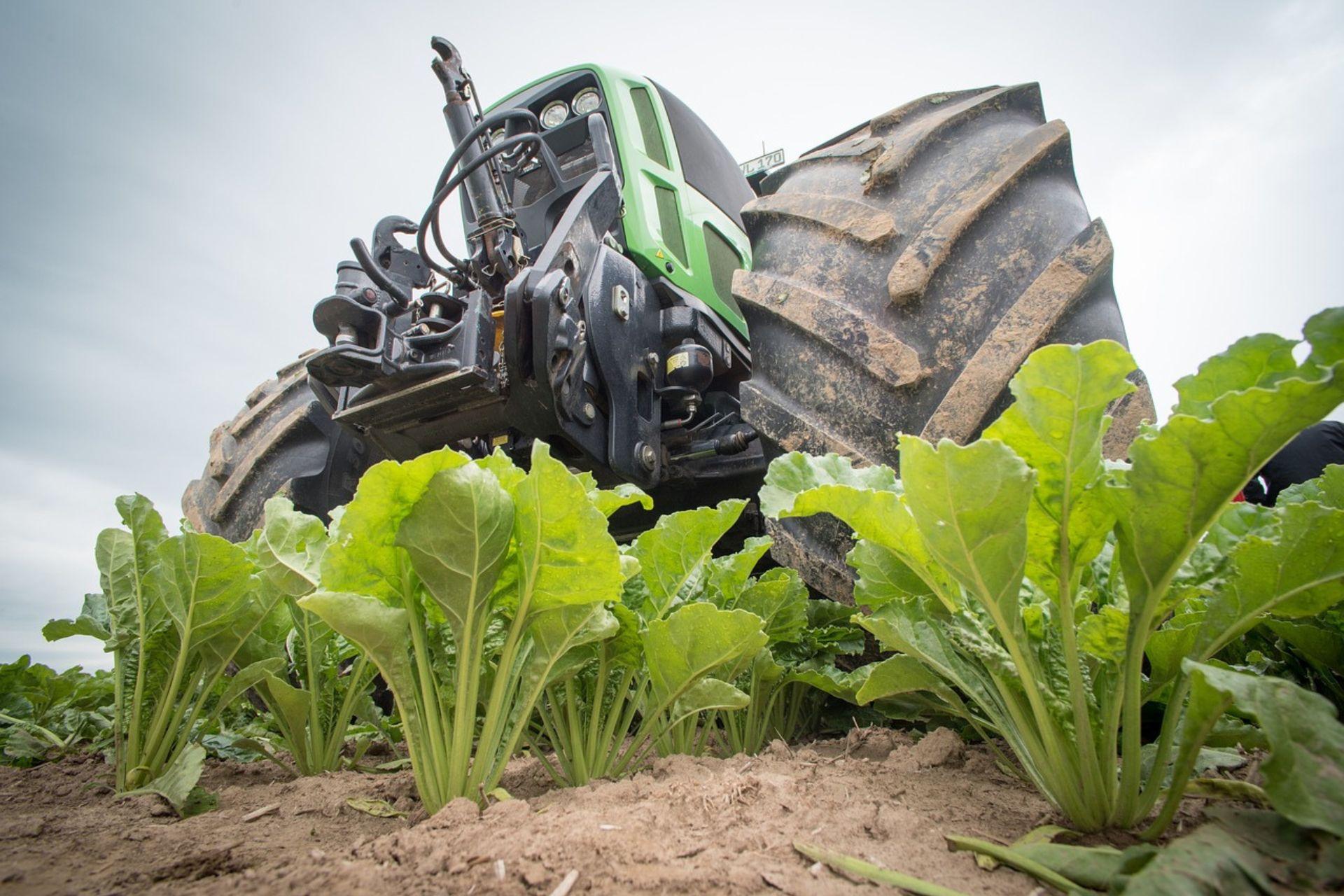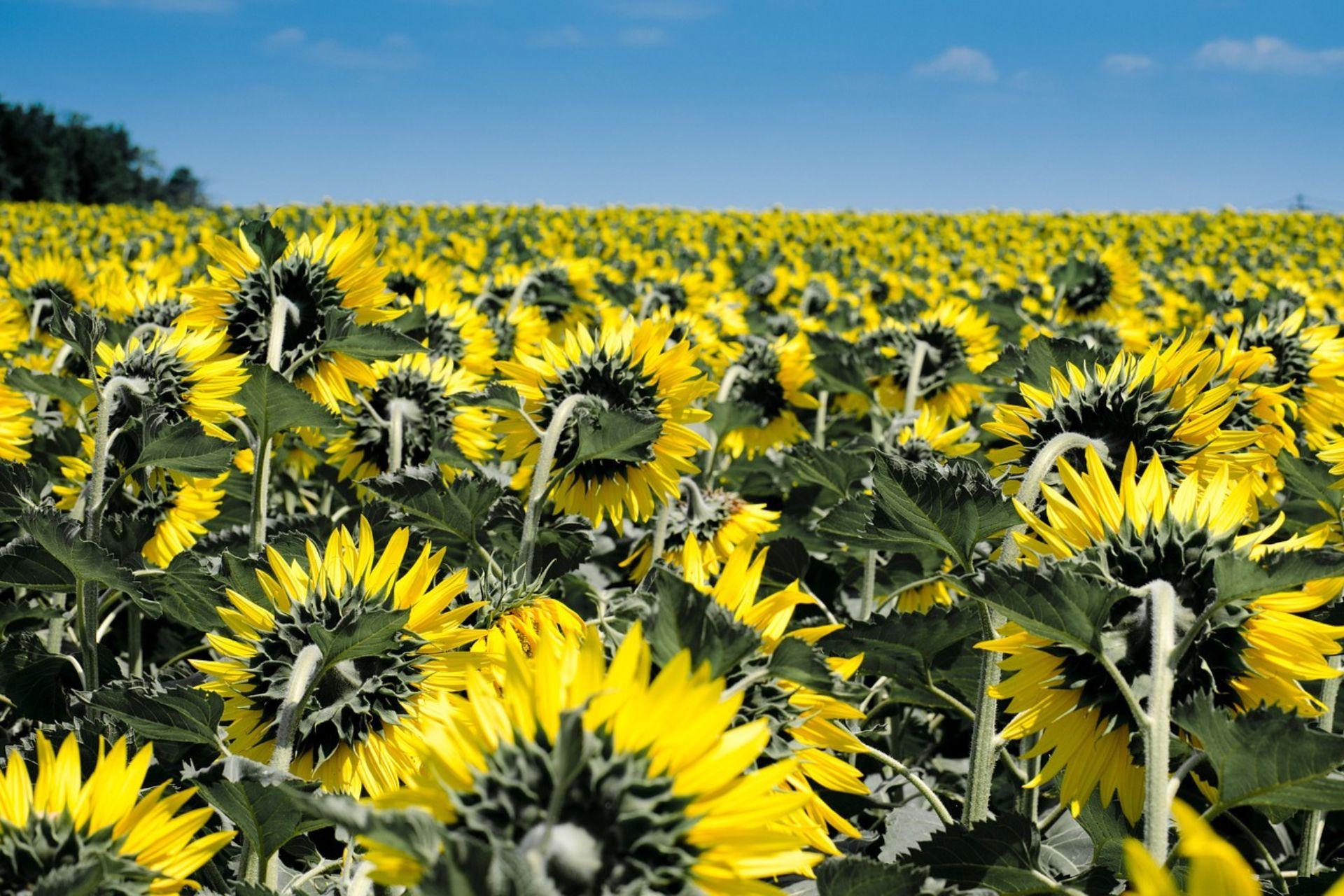
Withdrawing arable crops from agricultural production or depolluting?
The proposal of financial incentives for set-aside under the European Union's Green Agenda concerns farmers in Emilia-Romagna in particular, as the 'rural development' call has recently been approved by the Emilia-Romagna regional government.
The call is to stop farming for an extended period of 20 years. In return for this break from cultivation, farmers would be offered financial compensation ranging from EUR 500 to EUR 1,500 per year for each hectare of uncultivated land.
The initiative aims to promote 'sustainable practices', reduce greenhouse gas emissions, and contribute to climate change mitigation, but raises significant questions about its economic feasibility and its long-term impacts on the agro-ecosystem and the economy.
Environmental Objectives and Contradictions
The Po Valley, the agricultural heart of Italy, is at the centre of a complex and articulated environmental dilemma. Characterised in the past by fertile soils and prolific agricultural production, the area in question is now the scene of challenges related to environmental pollution. Traditional practices, such as the use of chemical fertilisers, pesticides, and other plant protection products, generate significant amounts of fine particulate matter and greenhouse gases. Not to mention soil pollution and water contamination.
That said, it is fair to ask a few questions:
1. Is stopping farming a 'sustainable practice'?
2. Have substances that do not even degrade naturally in 20 years been considered?
3. Where is the 'sustainability' since environmental pollution will continue to feed the set-aside land (e.g. transport and industry)?
4. Since reducing pollution does not mean de-pollution, do you consider it worthwhile to waste public money on disrupting agricultural production instead of proceeding with decisive de-pollution measures?

Economic Implications for Farmers
The implementation of such a radical proposal as the 20-year cessation of agricultural production brings with it a number of far-reaching economic implications for farms.
The analysis of financial impacts includes the assessment of short and long-term economic losses to the financial health of the agricultural supply chain. Lack of production not only means loss of income for the farm, but also affects the entire supply chain and related activities, with a cascading effect on several economic sectors.
The economic sustainability of farmers is at the heart of the debate. The proposal for financial incentives, while compensating for the temporary cessation of activity, does not consider the difficulties in maintaining operations over time and the consequences for employment.
Food Security and Import Dependence
The European Union's Green Agenda proposal raises major concerns in terms of food security at local and national levels, with the prospect of increasing import dependency. If several regions of Italy opt for this unwise choice, it would create an increased dependence on external sources and make the country vulnerable.
In addition, the influence of multinational agribusinesses working with genetically modified organisms (transgenic crops) must be considered. Why?
By choosing to suspend production for 20 years, the multinationals are introducing GMOs into the Italian agricultural sector, a covert manoeuvre that shifts the responsibility onto the regions.

The next step 'Alternatives to the Stopping of Agricultural Production and Sustainable Solutions' becomes essential to inform those working in the sector, and everyone else, about the options that can ensure a more resilient and truly sustainable food security.
Alternatives to Stop Agricultural Production and Sustainable Solutions
The link to BioAksxter® becomes evident when we consider the need to de-pollute the agro ecosystem. The technology behind BioAksxter® formulations is the innovative solution to the environmental impacts of agricultural practices. The introduction of BioAksxter® by farms represents a key element to transform the temporary suspension of production into a concrete opportunity to depollute and renew the agro-ecosystem (starting with soil regeneration) with a positive impact on qualitative and quantitative yields.
This approach not only preserves food security, but also ensures long-term agricultural production. The challenge remains in integrating this technology into the European Union's Green Agenda so that the transition to more sustainable agricultural practices is feasible and coherent.
That said, who is still convinced of 20-year set-aside as the solution of the future?